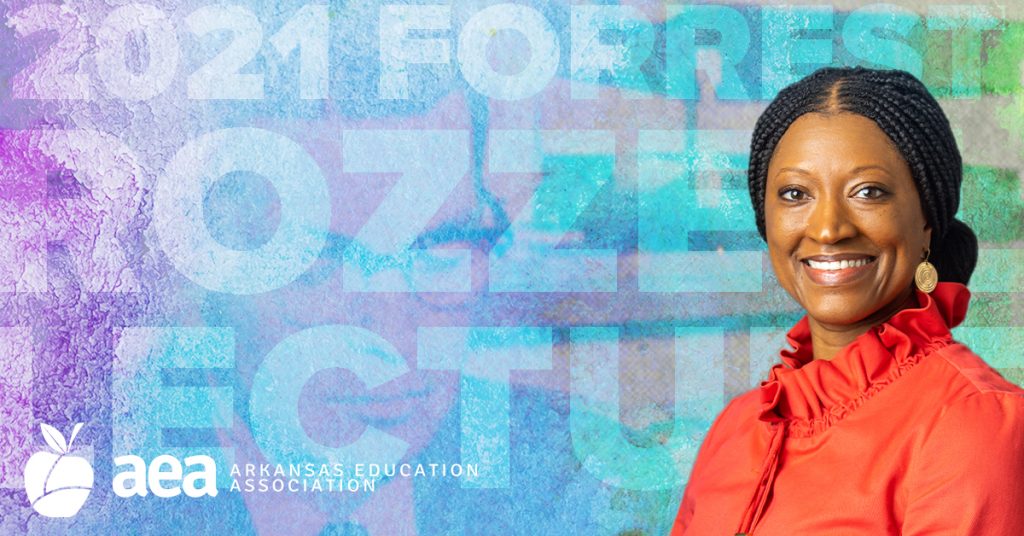Liz Picone Brings Decades of Association Experience

The Arkansas Education Association is excited to announce Liz Picone has taken the helm of the state’s largest professional organization for educators as Interim Executive Director.
Picone will lead the organization over the next six to eight months while the AEA Board of Directors conducts a search for a new director and plans to immediately focus on membership growth.
“Arkansas teachers and education support professionals are at the heart of all we do and the source of AEA’s power,” Picone said. “Our members allow us to provide professional development programming, educator support and advocacy for students and educators at the local and state level.”
Picone is now in her 28th year of association staff experience. She brings a wealth of experience as an Organizational Specialist serving National Education Association members across the country from Pre-K to Higher Ed. Picone has worked in more than 35 states assisting with membership campaigns, political campaigns, leadership development, coaching staff and serving as a thought partner for Executive Directors.
Liz taught Orchestra in the Texas Public Schools for 13 years before she began her association career.
“Coming from the classroom, I know the value of an organization that has your back and amplifies educator voice,” she said. “Over the last three decades, I’ve seen the incredible things educators can accomplish when we work together, and I look forward to working with Arkansas educators to spread the word about AEA’s work to improve student learning conditions and school employee working conditions.”
The recruitment drive will begin April 1st, when educators can enroll early to receive benefits for free through the remainder of this school year.
“Early Enrollment is a wonderful opportunity for educators to join the association and discover the many benefits of membership,” Picone said. “We also look forward to a return to more normal back to school events following years of disruption brought on by the coronavirus pandemic.”
Picone holds degrees from the University of Kansas and Eastern Illinois University. She also holds administration and supervisor certifications from the University of Houston and Sam Houston State University. Picone is a graduate of the Harvard Trade Union program and one of a select group of Association Executives that qualify for the Certified Association Executive (CAE). The CAE credential is the marker of a committed association professional who has demonstrated the wide range of knowledge essential to manage an association in today’s challenging environment.
She replaces former Executive Director Tracey Ann-Nelson, who left the association for another position following seven years at AEA.




 Our 2021 AEA Professional Development Conference has shifted to virtual in response to the Coronavirus Pandemic. We are working with presenters to ensure a quality online experience for attendees and will be featuring more than a dozen courses including Trauma-Informed Care, Ethics for Educators, Adaptive Leadership and the Who, What and Why of ESPs.
Our 2021 AEA Professional Development Conference has shifted to virtual in response to the Coronavirus Pandemic. We are working with presenters to ensure a quality online experience for attendees and will be featuring more than a dozen courses including Trauma-Informed Care, Ethics for Educators, Adaptive Leadership and the Who, What and Why of ESPs.


